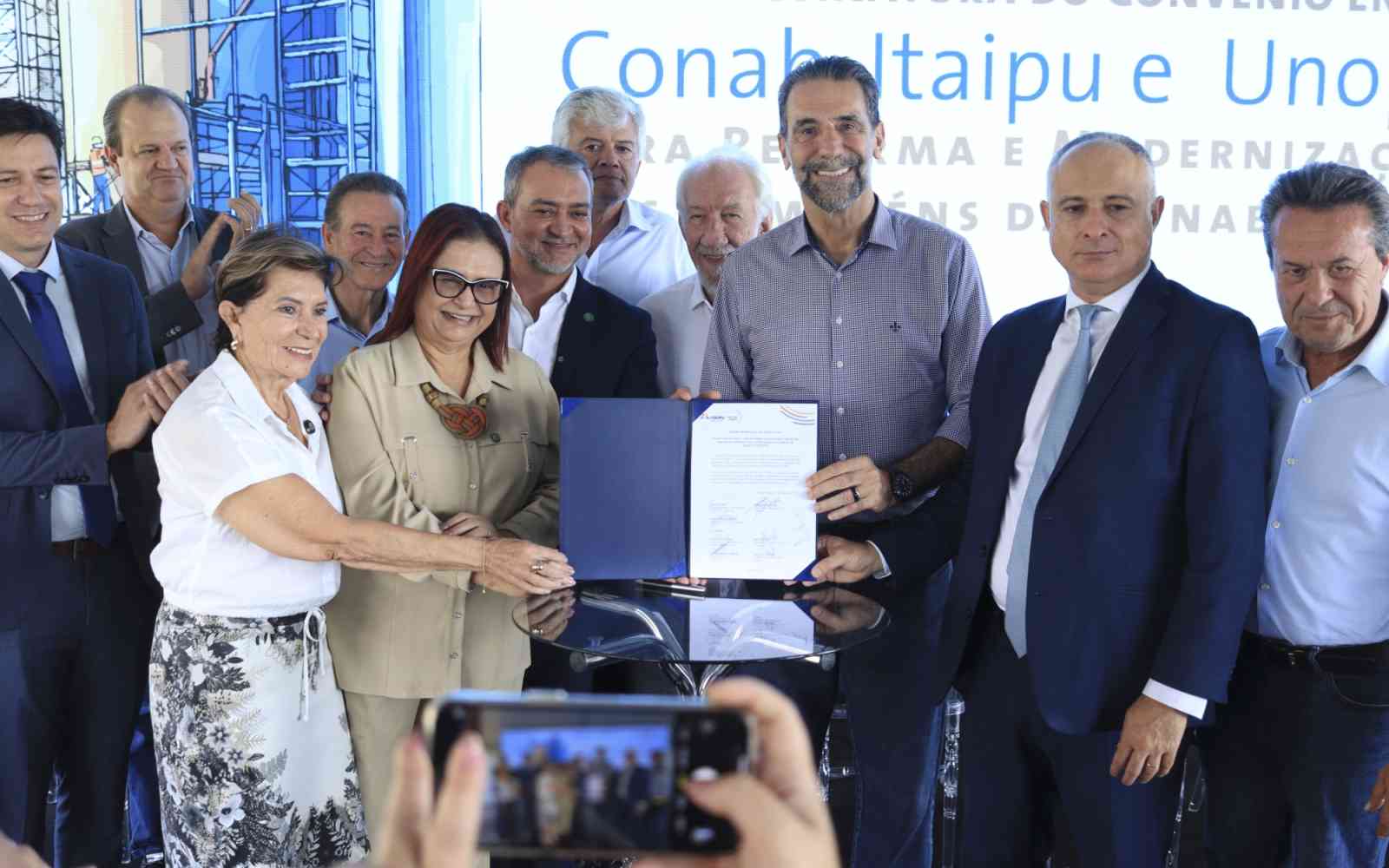The United Nations Office for Project Services (UNOPS)
Roads to a better life

Uncontrollable crime. Newborn babies and their mothers dying. No help for the sick. These were issues that plagued several disadvantaged neighbourhoods in Guinea’s capital city – all because of the limited access to these areas.
"[Dar Es Salam] had the worst reputation in all of Conakry. It's known as a place that's full of criminals and isn't safe because access is impossible," said civil engineer Amadou Bah.
Potholes and debris blocked the way of police officers trying to enter Dar Es Salam, a neighbourhood in the commune of Ratoma, Conakry.
"The police wouldn't even come here. There weren't any roads – a motorbike couldn't even get through," explained Amadou.


The sick and the pregnant were left waiting as ambulances struggled to manoeuvre their way through impassable roads – or no roads at all.
"Before it was hard just getting a vehicle to come and take a pregnant woman, a woman in labour, to the hospital," said Hadja Aminata Dubreka Camara, President of the Women's Association of Dar Es Salam.
"The closest hospital is five kilometres away but it was too difficult to drive here – it was difficult just getting a car up here."
"In some neighbourhoods where accessibility was a challenge, the community faced very high infant and maternal mortality rates," said UNOPS project manager, Firmin Kiala KI N'Soki.
"One man who lost his wife and child told us that if the roads had been built before, his wife and child would still be alive."
Caption
- Before and after: One of the roads in a Dar Es Salam neighbourhood before and after construction began. © UNOPS/Momo Sakho
Working within the community
Taxis generally avoided the area.
The ones that didn't charged a premium rate for even coming to Dar Es Salam at all. For a 20-kilometre journey, residents could easily end up paying for a journey five times the distance.
The reason?
Difficulty accessing – and leaving – these neighbourhoods, due to poor road conditions. These same neighbourhoods experienced deteriorating hygienic conditions due to inadequate sanitation infrastructure, as well as high unemployment – especially among the young.
With support from the European Union and the World Bank, UNOPS implemented a high labour-intensive project to address these issues. The goal: addressing the sanitation and access issues that plagued several neighbourhoods while also reducing unemployment by providing local residents with valuable formal training in the construction sector.
UNOPS worked with non-governmental organizations in each neighbourhood to recruit local participants – no workers were hired from other regions or abroad. Through temporary jobs that included digging trenches, paving streets and building drainage systems, each worker was given the opportunity to learn a skill while earning a daily wage.
Amadou not only grew up in Dar Es Salam – he's also one of many local residents who helped to shape his community. He put his university education in civil engineering to good use, spending several months working with UNOPS engineers and a local infrastructure company to improve his home.
"They taught me everything that is practical about civil engineering. At university it was all theory," he said.
“When I saw the UNOPS engineers coming to prepare and look at the site, I immediately went to introduce myself to see if I could help,” he said.
New skills, new opportunities
To ensure long-term sustainability, construction materials were used that are more resilient to Conakry's heavy rains and occasional bouts of flooding. This also means that infrastructure will require less maintenance in the future.
Sixty percent of the workers involved in this project acquired technical skills related to public works. From metalwork to masonry to paving, all of these skills can be used in the future to maintain the infrastructure built by the community with such care – and the skills learned are a foundation for future job opportunities.
"By coming everyday they learned masonry and paving skills. They'll be able to get more construction jobs in the future now and not just work as manual labourers," said architect and site engineer Cherif Diallo.
Some of the people who worked on this project have already received the opportunity to put their new skills to use. After the project's completion, several people were hired by local construction companies. "Our company has kept on some of the workers who qualified," Diallo added.
Fighting Ebola
During this project, Guinea was hit by an Ebola outbreak, with several project neighbourhoods directly affected. How do you implement a high labour-intensive project when avoiding large groups of people is needed to prevent the spread of Ebola? By taking all the necessary hygiene precautions.
Project details
This project began in 2014 in collaboration with the Department of Secondary Roads of the Guinean Ministry of City and Urban Planning with funding from the European Union.
This project enhanced the living conditions of nine disadvantaged neighbourhoods in five Conakry communes: Kaloum, Dixinn, Matam, Matoto and Ratoma. Around seven kilometres of urban roads were rehabilitated and constructed to improve access to these neighbourhoods. Sanitation infrastructure, including 50 latrines, was also built to improve health conditions.
The labour intensive methods used for this project also encouraged economic growth by creating jobs in Conakry's most marginalized neighbourhoods. Besides creating more than 100,000 person-days of work, five local engineers also received training on the management of labour intensive works as part of this project. In addition, 10 local monitoring committees were set up to help maintain the infrastructure.













